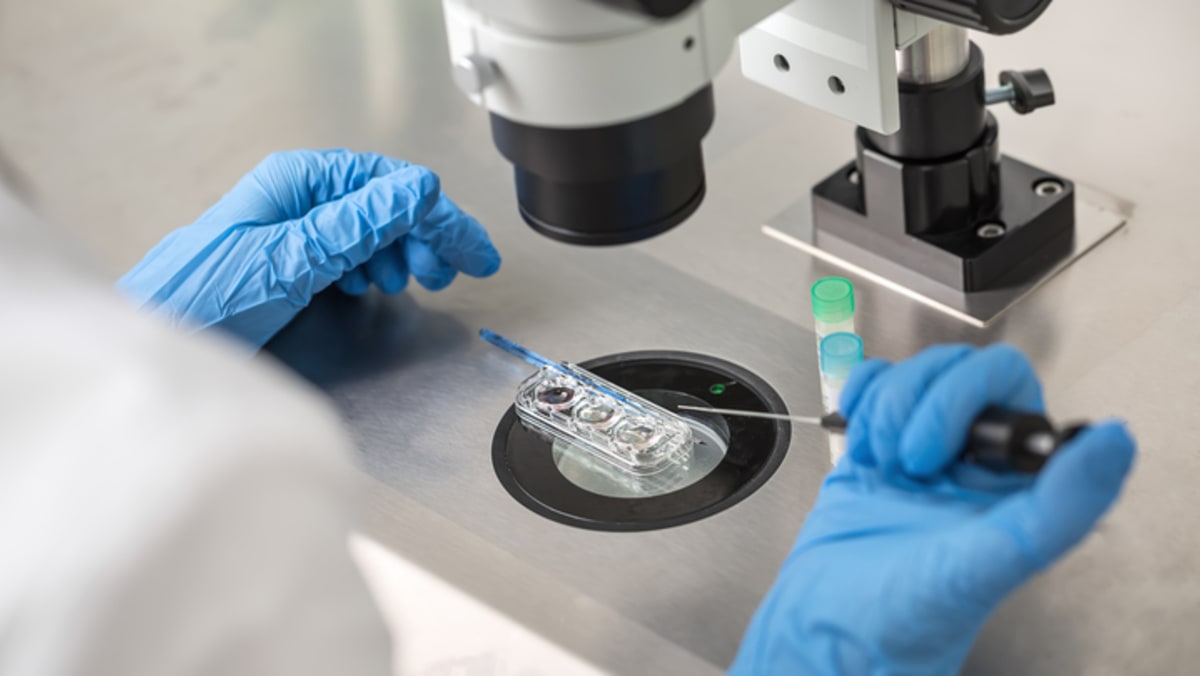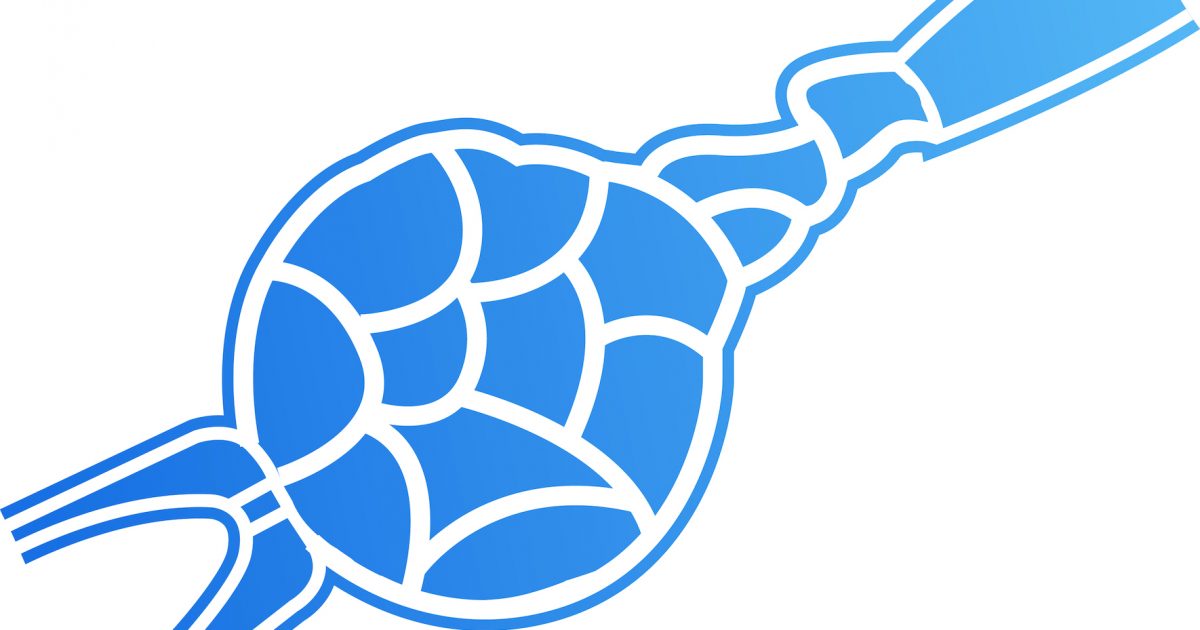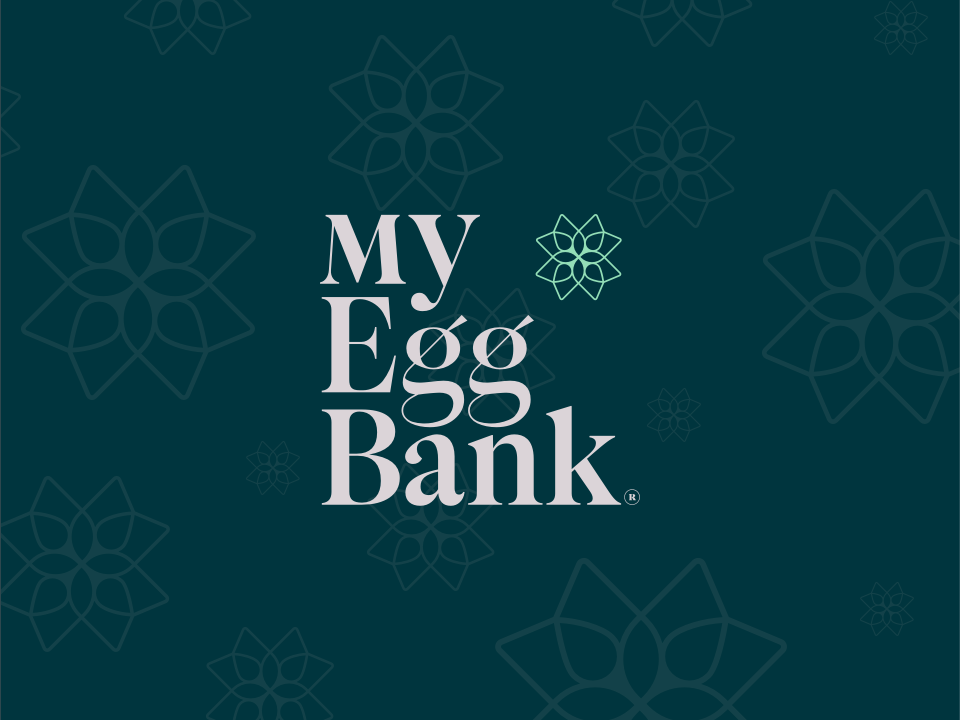You are using an out of date browser. It may not display this or other websites correctly.
You should upgrade or use an alternative browser.
You should upgrade or use an alternative browser.
Egg Donor Agency
- Thread starter Val34
- Start date
Angelica Cheng
Active Member
Hi
Does anyone have any recommendation for egg donor agency?

Egg Donation Programs in Malaysia
How are the reviews of egg donor agencies and egg donation programs in Malaysia like? https://www.quora.com/How-are-the-reviews-of-egg-donor-agencies-and-egg-donation-programs-in-Malaysia-like What precautions should Singaporean patients take when going for egg donation in Malaysia...
 singaporemotherhood.com
singaporemotherhood.com

Egg Donation In Malaysia: Pitfalls That IVF Patients Should Avoid – Dr Alexis Heng Boon Chin - CodeBlue
Patients often have to navigate a complex web of marketing gimmicks, misleading information, and ethical pitfalls.
 codeblue.galencentre.org
codeblue.galencentre.org

Overseas egg donors — what Singaporean women should be wary of
Recent news media reports suggest that most Singaporean women requiring egg donation travel abroad for the procedure. However, due to the less stringent regulation of fertility treatment in other countries, Singaporean patients may face a variety of marketing gimmicks and misleading information...

Advice and tips for Singaporean patients seeking egg donation in Malaysia - The New Savvy
With the increasing trend of late marriages and delayed motherhood in Singapore, coupled with the lifting of age limits in IVF treatment in Singapore since 2020, there is anticipated to be increasing demand for egg donation by older female IVF patients nearing or past menopause. Women with...
 thenewsavvy.com
thenewsavvy.com
Last edited:
Angelica Cheng
Active Member
Singaporean patients undergoing egg donation should beware of Malaysian IVF clinics trying to hard-sell highly expensive embryo genetic testing (PGS / PGT-A) to them. Some of these hard-selling tactics include:
(i) Playing on their fears of unknown genetic defects being carried by the egg donor. Singaporean patient should note that there are much cheaper alternative methods of genetic screening such as testing of the egg donor's blood sample before starting IVF, or NIPT (Non-Invasive Prenatal Testing), which can be done after getting pregnant. A blood sample contains thousands of white blood cells, from which an abundant amount of DNA genetic material can be extracted. By contrast, only a few cells and tiny amount of DNA are extracted from the embryo during PGS (biopsy procedure). This makes it technically simpler and much cheaper to do genetic testing of the Egg Donor's blood sample, as compared to genetic screening of embryos with PGS / PGT-A.
(ii) Playing on their fears of Down syndrome. In reality, the chances of Down Syndrome with young donor eggs is extremely low. As seen in the attached tables and charts, the chances of Down Syndrome for a 20 year-old donor is 0.05% (1 in 2,000), while that for a 25 year-old donor is 0.083% (1 in 1,200). If patients are really worried about the possibility of Down syndrome, they can always do NIPT (Non-Invasive Prenatal Testing) after getting pregnant, which is very much cheaper than PGS (PGT-A).
(iii) Claiming that PGS (PGT-A) can improve the IVF success rates with donor eggs. This maybe true only for older women undergoing IVF with their own eggs, because of spontaneous genetic abnormalities that occur more frequently in the eggs of older women. Egg donors are typically very young, aged between 20 to 25 years of age, with very healthy eggs. Hence, PGS (PGT-A) will not further improve the already high IVF success rates of older women using donor eggs.
(iv) Playing on their biased preference for either a son or daughter. It is true that PGS (PGT-A) is the most effective method of sex-selection. But the question is whether it is moral and ethical for Malaysian IVF clinics to hard-sell such an expensive technique to Singaporean patients?

 singaporemotherhood.com
singaporemotherhood.com
(v) Downplaying the risks of damaging the embryo during genetic testing with PGS (PGT-A). This is a highly delicate procedure that involves drilling a hole through the embryo shell (Zona Pellucidae), and extracting a few cells for genetic testing. No matter how well-trained is the lab staff (embryologist) doing the procedure, there is still a risk of human error. The more busy the IVF lab is, the greater the risk of human error, as lab staff are under pressure to complete procedures as fast as possible.

 www.cnyfertility.com
www.cnyfertility.com
Interesting videos which inform patients that PGS (Preimplantation Genetic Screening), also known as PGT-A (Preimplantation Genetic Testing - Aneuploidy) is absolutely unnecessary for egg donation cycles:
(i) Playing on their fears of unknown genetic defects being carried by the egg donor. Singaporean patient should note that there are much cheaper alternative methods of genetic screening such as testing of the egg donor's blood sample before starting IVF, or NIPT (Non-Invasive Prenatal Testing), which can be done after getting pregnant. A blood sample contains thousands of white blood cells, from which an abundant amount of DNA genetic material can be extracted. By contrast, only a few cells and tiny amount of DNA are extracted from the embryo during PGS (biopsy procedure). This makes it technically simpler and much cheaper to do genetic testing of the Egg Donor's blood sample, as compared to genetic screening of embryos with PGS / PGT-A.
(ii) Playing on their fears of Down syndrome. In reality, the chances of Down Syndrome with young donor eggs is extremely low. As seen in the attached tables and charts, the chances of Down Syndrome for a 20 year-old donor is 0.05% (1 in 2,000), while that for a 25 year-old donor is 0.083% (1 in 1,200). If patients are really worried about the possibility of Down syndrome, they can always do NIPT (Non-Invasive Prenatal Testing) after getting pregnant, which is very much cheaper than PGS (PGT-A).
(iii) Claiming that PGS (PGT-A) can improve the IVF success rates with donor eggs. This maybe true only for older women undergoing IVF with their own eggs, because of spontaneous genetic abnormalities that occur more frequently in the eggs of older women. Egg donors are typically very young, aged between 20 to 25 years of age, with very healthy eggs. Hence, PGS (PGT-A) will not further improve the already high IVF success rates of older women using donor eggs.
(iv) Playing on their biased preference for either a son or daughter. It is true that PGS (PGT-A) is the most effective method of sex-selection. But the question is whether it is moral and ethical for Malaysian IVF clinics to hard-sell such an expensive technique to Singaporean patients?

Controversial and unethical use of PGS / PGT-A for sex selection overseas by Singapore patients
Several years ago, the Straits Times reported on Singaporean couples traveling overseas for embryo sex selection by preimplantation genetic screening (PGS) via IVF treatment, due to the procedure being banned here. It was reported that most Singaporean Chinese couples doing PGS preferred a son...
 singaporemotherhood.com
singaporemotherhood.com
(v) Downplaying the risks of damaging the embryo during genetic testing with PGS (PGT-A). This is a highly delicate procedure that involves drilling a hole through the embryo shell (Zona Pellucidae), and extracting a few cells for genetic testing. No matter how well-trained is the lab staff (embryologist) doing the procedure, there is still a risk of human error. The more busy the IVF lab is, the greater the risk of human error, as lab staff are under pressure to complete procedures as fast as possible.

PGS Testing Risks
PGS testing (aka PGT-A) is not without risk. It's a common selection tool for choosing the best embryo to transfer during In Vitro Fertilization (IVF). Using a laser, a small biopsy of the embryo is taken and the DNA inside the sample is analyzed. Does this biopsy harm the embryo? Does PGS...
Interesting videos which inform patients that PGS (Preimplantation Genetic Screening), also known as PGT-A (Preimplantation Genetic Testing - Aneuploidy) is absolutely unnecessary for egg donation cycles:
Angelica Cheng
Active Member

Egg donation in Malaysia - Beware lack of rigorous genetic screening of Egg Donor (blood sample) and being pushed to do expensive PGS / PGT-A
In USA, Europe and Australasia, there are rigorous and high standards for genetic screening of prospective Egg Donors (blood sample), before they are even allowed to donate, which largely negate the requirement for recipient patients to use expensive preimplantation genetic screening ( PGS /...
 singaporemotherhood.com
singaporemotherhood.com
In USA, Europe and Australasia, there are rigorous and high standards for genetic screening of prospective Egg Donors (blood sample), before they are even allowed to donate, which largely negate the requirement for recipient patients to use expensive preimplantation genetic screening ( PGS / PGT-A ) to check for potential genetic defects in embryos.
Unfortunately, such rigorous high standards are often not followed by IVF clinics in Malaysia. Instead of genetic testing of the donor's blood sample, patients are strongly encouraged and pushed to opt for more expensive PGS or PGT-A to check for potential genetic defects in embryos. This constitutes an "extra hidden costs" element for overseas egg donation in Malaysia. So when IVF clinics in Malaysia quote a relatively cheap price for egg donation compared to Western countries, Singaporean patients must not forget to factor in the high costs of doing PGS / PGT-A.
A blood sample contains thousands of white blood cells, from which an abundant amount of DNA genetic material can be extracted. By contrast, only a few cells and tiny amount of DNA are extracted from the embryo during PGS (biopsy procedure). This makes it technically simpler and much cheaper to do genetic screening of the Egg Donor's blood sample, as compared to genetic screening of embryos with PGS / PGT-A.
Practice guidelines of the American Society for Reproductive Medicine (www.asrm.org), American College of Medical Genetics and Genomics (www.ACMG.net), and American College of Obstetricians & Gynecologists (www.ACOG.org) recommend screening prospective Egg Donors (blood sample) for common genetic defects such as Cystic Fibrosis, Spinal Muscular Atrophy, Sickle Cell Disease, Alpha and Beta Thalassemia, and Tay-Sachs Disease. In some egg donor agencies or IVF clinics based in Western countries, egg donors may have had their chromosomes tested via high resolution karyotype, and screened for close to 300 genetic disorders.
Please see the high rigorous standards for genetic screening of Egg Donors (blood sample) in Western countries, by clicking on the following links:
A Look at Egg Donor Genetic Testing at EDCB
Learn how egg donor genetic testing at our frozen egg bank network helps hopeful parents receive high-quality donor eggs.

Genetic Test for Egg and Sperm Donors
If you're considering egg or sperm donation, what genetic tests should you request before making your decision?
 creatingafamily.org
creatingafamily.org

Egg Donors | ASRM-compliant Oocyte Donation Programme | ManorIVF
ManorIVF has access to an extensive database of egg donors aged 23-32, so there is no waiting time! Contact us now to schedule your initial consultation!

MyEggBank Donors | Egg Donor Screening & Testing
Choosing your egg donor is one of the biggest decisions you will ever make. Get peace of mind, knowing we have screened and tested all of our donors rigorously.
Expert opinion by American fertility specialists that highly-expensive PGS (PGT-A) is not necessary for egg donation:
Similar threads
- Replies
- 8
- Views
- 4K
- Replies
- 1
- Views
- 3K
- Replies
- 1
- Views
- 3K
- Replies
- 2
- Views
- 919
- Replies
- 0
- Views
- 625

